What It Does
Monk creates an encrypted overlay network spanning all your infrastructure - across clouds, regions, and even on-premises. Every service can securely communicate with every other service, no matter where they run. Zero configuration required. Monk derives all networking from your application’s connection graph and configures routing, firewalls, and load balancing automatically at every level of your system.How It Works
Encrypted Overlay Network
Monk spans an encrypted overlay network between every VM in your system, regardless of location: Network coverage:- ✅ Single cloud, single region
- ✅ Single cloud, multi-region
- ✅ Multi-cloud (AWS + GCP + Azure + DigitalOcean)
- ✅ Cloud + on-premises (manual setup required)
- All inter-service communication encrypted automatically
- No VPN setup required
- No Tailscale or WireGuard configuration needed
- Works transparently across cloud provider boundaries
- PostgreSQL on GCP europe-west1
- Redis on DigitalOcean nyc1
- On-premises legacy system in your datacenter
Dynamic Routing & Firewall Configuration
Monk dynamically configures routing and firewalls at every level of your infrastructure: Configuration levels:- Container level - Network policies between containers
- Pod level - Service-to-service routing
- Machine level - Host firewall rules
- Security group level - Cloud provider security groups
- VPC level - Network ACLs and routing tables
- Frontend can reach API Server (public endpoint)
- API Server can reach Database (internal, encrypted)
- API Server can reach Redis (internal, encrypted)
- Worker can reach Redis (internal, encrypted)
- Worker can reach Stripe API (public, via internet gateway)
- Nothing else can communicate - all other paths blocked by default
- Only desired ports open to the internet
- Internal services use private network
- Unused ports blocked by default
- Rules updated dynamically as services scale
Load Balancing
Monk handles load balancing at multiple levels: Cloud-managed load balancers:- Uses AWS Application Load Balancer, GCP Load Balancing, Azure Load Balancer when applicable
- Automatically provisioned for public-facing services
- Health checks configured automatically
- SSL/TLS termination when using custom domains
- Built-in load balancing between service replicas
- Automatic service discovery - no manual endpoint configuration
- Requests distributed across healthy instances
- Failed instances removed from rotation automatically
- When containers are updated, Monk orchestrates rolling updates
- New version starts while old version still serves traffic
- Traffic switches to new version only after health checks pass
- Old version gracefully shut down after traffic drains
Temporary Domains with TLS
Every machine managed by Monk gets a free temporary domain: Format:<machine-id>.runs.onmonk.io
Features:
- Automatically assigned to each VM
- Free TLS certificates included
- Only active if workload explicitly opens a port to the internet
- Useful for development, testing, and temporary deployments
- Test API endpoints before configuring custom domain
- Share staging environment URLs with team
- Quick demos without DNS configuration
- Development environments with HTTPS
These temporary domains are assigned to all machines but only serve traffic if
your application opens a port publicly. Internal services (databases, workers,
etc.) don’t expose anything via these domains.
Custom Domains with Cloudflare Integration
Want to use your own domain? Monk integrates with Cloudflare to manage DNS and domain setup automatically. Bring Your Own Domain:- Use your own domain name (e.g.,
api.yourapp.com,www.yourapp.com) - Monk manages your Cloudflare DNS zone
- Automatic DNS record creation and updates
- Free SSL/TLS certificates via Cloudflare
- DNS zone configuration
- A/AAAA records pointing to your services
- CNAME records for aliases
- SSL/TLS certificate provisioning
- DNS updates when infrastructure changes
- Have your domain registered with Cloudflare (or transfer it to Cloudflare)
- Provide Cloudflare API credentials to Monk
- Tell Monk which domain to use for your application
- Monk configures DNS and connects your domain to your deployment
Cloud Network Provisioning
Monk provisions cloud networking resources automatically: What Monk creates:- VPCs - Isolated networks for your application
- Subnets - Public and private subnets as needed
- Internet gateways - For public-facing services
- NAT gateways - For private services to reach internet (updates, APIs)
- Route tables - Routing between subnets and internet
- Security groups - Firewall rules at instance level
- Network ACLs - Additional firewall layer at subnet level
API Gateway Integration
When applicable, Monk utilizes cloud-managed API gateways: Supported:- AWS API Gateway
- GCP API Gateway
- Azure API Management
- Centralized API management
- Rate limiting and throttling
- Request/response transformation
- API versioning support
Built-in Ingress Controller with ModSecurity
Monk’s orchestrator includes a built-in ingress controller with ModSecurity WAF (Web Application Firewall) enabled by default on all clusters:- Automatic WAF protection against common web attacks
- DDoS mitigation at application layer
- Request filtering and rate limiting
- Zero configuration required
What Makes This Different
Traditional networking setup requires:- Manually creating VPCs, subnets, route tables
- Configuring security groups for each service
- Setting up VPNs or VPC peering for multi-cloud
- Managing firewall rules across environments
- Configuring load balancers manually
- Setting up service discovery mechanisms
- Managing SSL certificates and DNS
- Debugging connectivity issues between services
Key Capabilities
- Encrypted overlay network - Spans all infrastructure automatically
- Zero configuration - All derived from service relationships
- Multi-cloud networking - Works across AWS, GCP, Azure, DigitalOcean, on-prem
- Dynamic routing - Configured at container, machine, security group, VPC levels
- Automatic firewalls - Only necessary ports open, everything else blocked
- Load balancing - Cloud-managed and internal load balancing
- Zero-downtime updates - Rolling updates with automatic traffic switching
- Free TLS domains - .runs.onmonk.io with automatic certificates
- Custom domain support - Bring your own domain with Cloudflare integration
- Automatic DNS management - DNS records updated as infrastructure changes
- Service discovery - Built-in, no manual endpoint management
- VPC provisioning - Complete cloud network infrastructure created automatically
Related Features
- Configuration & Wiring - Connection graph that drives networking
- Multi-Cloud Support - Cross-cloud networking in action
- Cloud Infrastructure - VPC and network resource provisioning
- Security - Encryption, firewalls, and access control
- Containerization - How containers communicate
- Scaling - Load balancing across replicas

